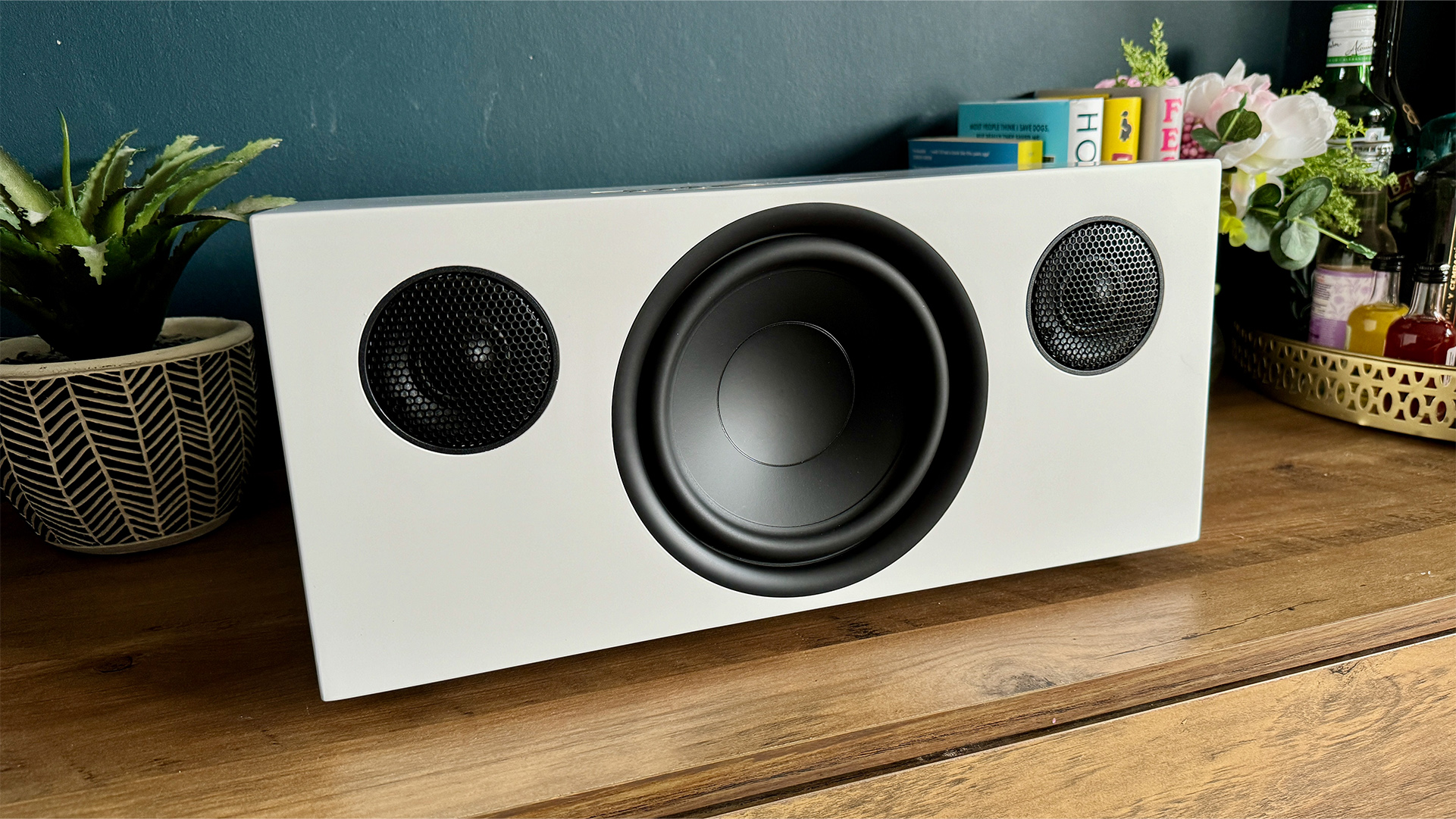JAPAN: Rising panel prices create tough times in the LCD TV business
The price of LCD TV panels is on the up, and that's bad news for those companies who buy in their displays from other manufacturers, and good for those still making screens in-house.
The main problems are the huge demand from the emerging flatscreen TV market in China, and a shortage of the glass substrates on which LCD and plasma TV displays are made, according to a report in Japan's Nikkei business newspaper.
£300–£135=not much
In fact, prices have risen around 20% in the past, way ahead of the industry's worst-case predictions at the beginning of the year. The mid-August ex-factory price for a 32in LCD panel hit $215, or about £135, up $35 from the mid-june price.
And with entry-level 32in LCDs now selling for as little as £300, that puts a lot of pressure on manufacturers who have to buy in screens from outside suppliers.
After all, while prices of TVs seem to have stabilised a little, there's no scope for manufacturers to increase prices to take account of these rises further down the supply chain. Take £135 away from £300, factor in shipping, plus distributor and retailer profit margins, and the maker of the TVs doesn't have a lot of budget to play with for the rest of the set.
Sony has a joint venture with Samsung, making LCD display panels
Even companies making screens in joint ventures with other firms are thought to be feeling the pressure: Sony makes screens with Samsung in Korea, and also buys them in from Taiwanese suppliers.
Its Chief Financial Officer Nobuyuki Oneda, is on record as saying "We will not be able to avoid a worsening of TV operation losses in the July-September period compared with the April-June period."
And remember that's worsening from the figures it recently posted for the second quarter of this year, during which the company's LCD business lost Y8bn, or around £51m.
Sharp buoyed by price-rises
By contrast, Sharp, currently carrying an LCD division operating loss of Y14.7bn (almost £95m) for the same period, is hopeful these price increases will help it recover. After all, Sharp makes its own LCD screens, and has been widely discussed as a future joint venture partner for Sony in the LCD business.
There's a glimmer of light on the horizon, in that the shortage of glass is expected to ease soon. But industry analysts merely expect that to signal a peaking of prices next month, and for the price of panels then to stay at that elevated level.
Who'd be a TV manufacturer, eh?
Get the What Hi-Fi? Newsletter
The latest hi-fi, home cinema and tech news, reviews, buying advice and deals, direct to your inbox.
Andrew has written about audio and video products for the past 20+ years, and been a consumer journalist for more than 30 years, starting his career on camera magazines. Andrew has contributed to titles including What Hi-Fi?, Gramophone, Jazzwise and Hi-Fi Critic, Hi-Fi News & Record Review and Hi-Fi Choice. I’ve also written for a number of non-specialist and overseas magazines.
